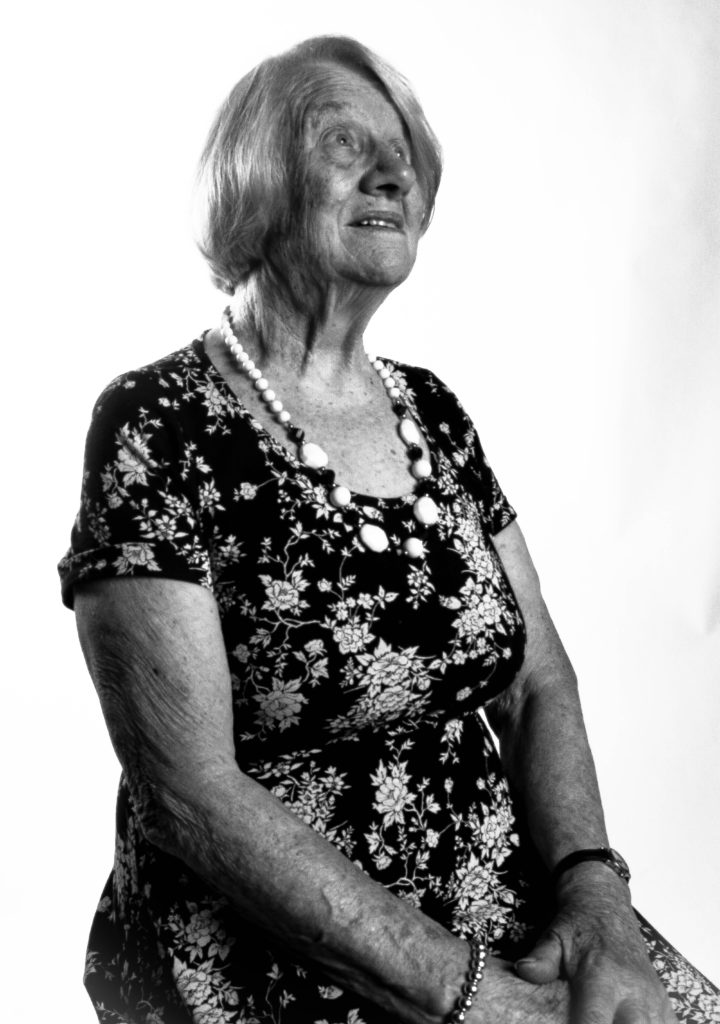Stories from Occupation:
Was 6 when the occupation started, lived on the north coast therefore saw the French coast and heard the bombing in France.
Some people believed that the government had sold the Channel Islands to the Germans.
The people had to put up white sheets and blankets to show the Germans that they could enter.
Mother and neighbour come over Joan and said to go over where it was more protected, e.g. the bushes, they heard bombing, they soon heard that some people where killed by Victoria avenue.
Les platons was the highest point in jersey, was useful for the German, they could shoot France from that point.
All people had to have a ration book, they lent theirs to somebody but never gave it back, people tried to get more of everything, e.g. 5grams for her father and mother as she registered at the farm across the road.
The Germans introduced a curfew for people who lived in the military zone therefore you must be back in your houses by 9pm in the winter and 10pm in summer and you couldn’t leave before 6 in the morning.
The island then had to introduce blackouts, as they weren’t allowed any lights, one night when they wanted to see the stars, they had to remove the blackouts from their windows, it was a Scarlett effect.
Because the food rations were tight the word Substitute became a word during the war, parsnip was cooked until brown, and they had to cut them down, and pour boiling water on it, they called it substitute coffee/tea.
German changed the currency to their own one which was marks and pfennig. And the hop owners would have to weight out and count how much you have, they told you how much it was in your money and then they translated it to the German money therefore it was making it harder for the shop owners.
Owners had restrictions on what they could grow, and the Germans would have to come and check if you were following these orders. People were finding it difficult on their rations.
Families would go and collect the remaining corn left over from the harvests in the august, the woman would wear a sac apron and they would pick it up, they would have to keep this quiet from the Germans or overwise something would happen, if they had corn left over they would take it to the mill where they would mill, the woman would pretend they are pregnant if the Germans would stop that was their excuse. People would create a bag the size of a mattress and that’s how they would hide the corn.
Joans dog Tess was used to pull things around for the family, coal was impossible to get, tar was used rather than coal. Then the Germans started to allow coal type things called nuts which was used to heat stuff e.g. fires, cooker.
If u abided the German rules you would get treated well, 95% of the population did get on well with the Germans, however if you didn’t you wouldn’t get treated well.
Liberation Day:
8th of May, father went to work in town boss told them to go home as the war was over, came home, ¾ of way home passed a distance for cousin’s farm and told him about it. The lorry which was hidden by the cousins was brought back out. All the family went into the town, they saw lots of cars and lorries along Victoria avenue, parked the lorry at people park. Everybody got off except gran who was soaked from the baby.
Original Photos I took:

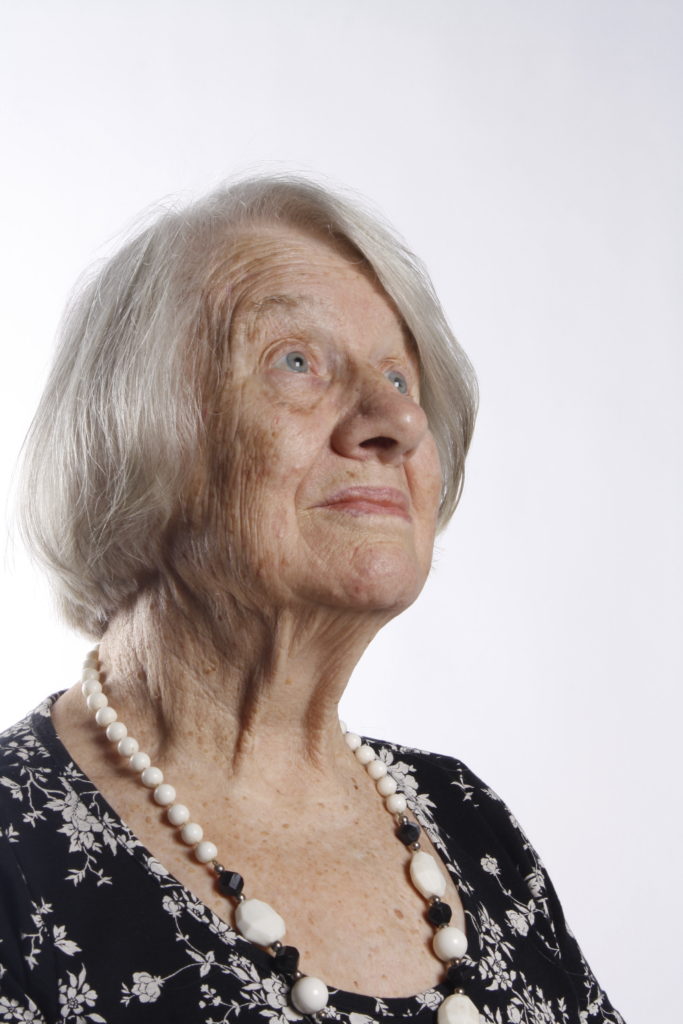
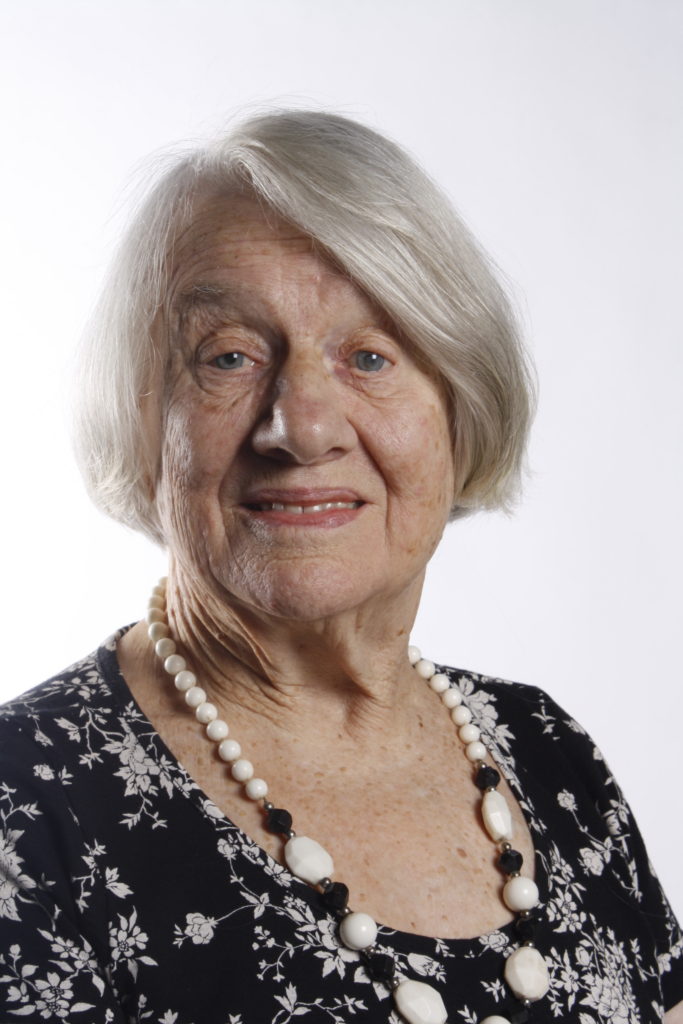
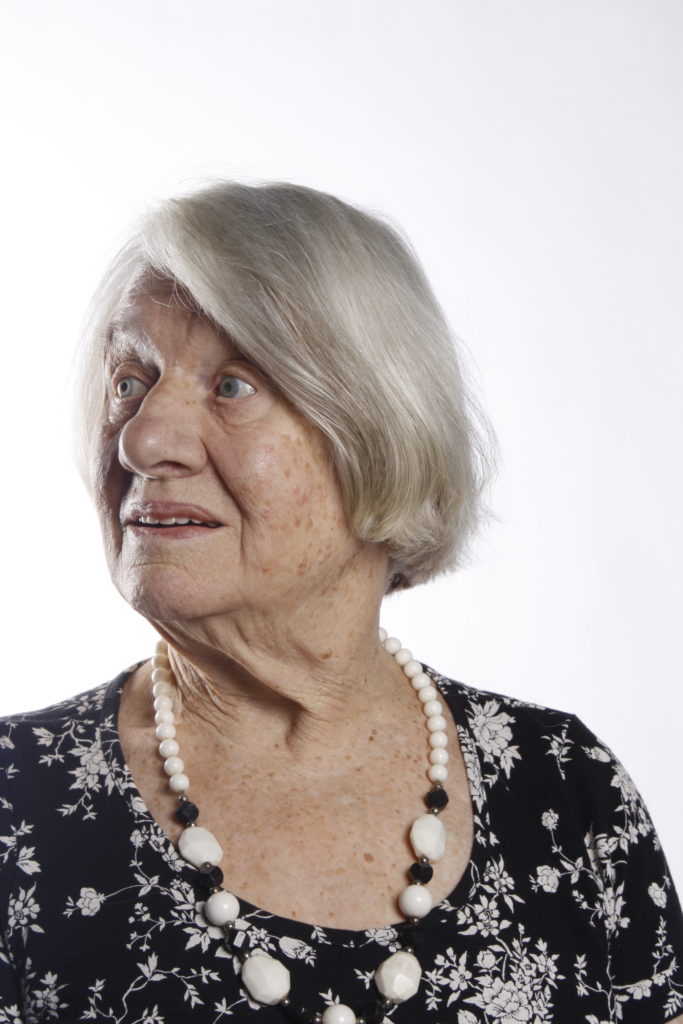
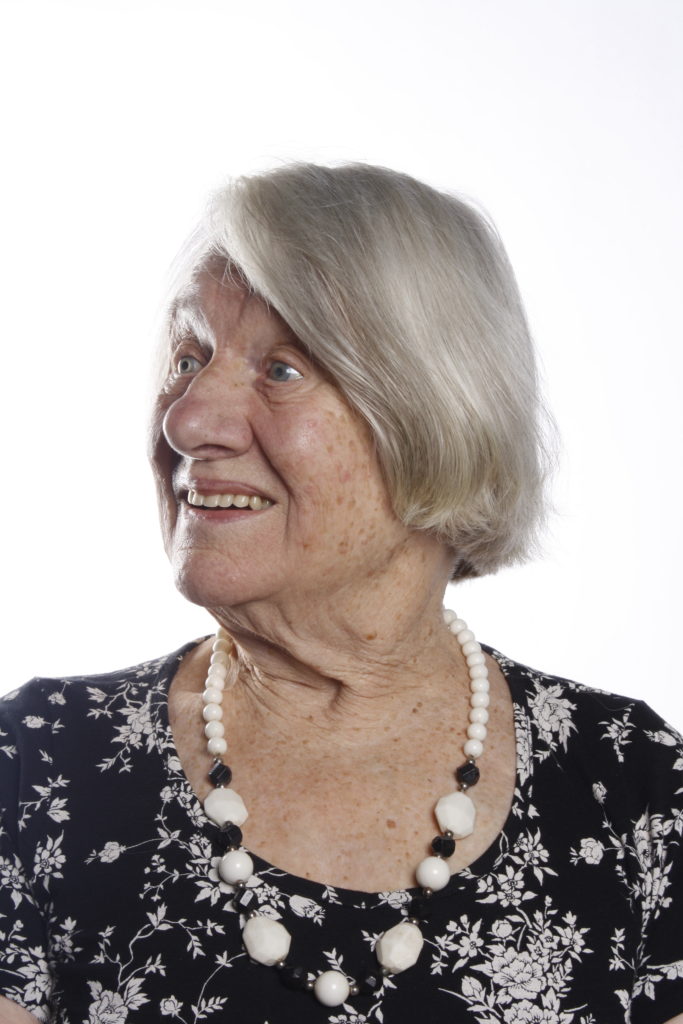
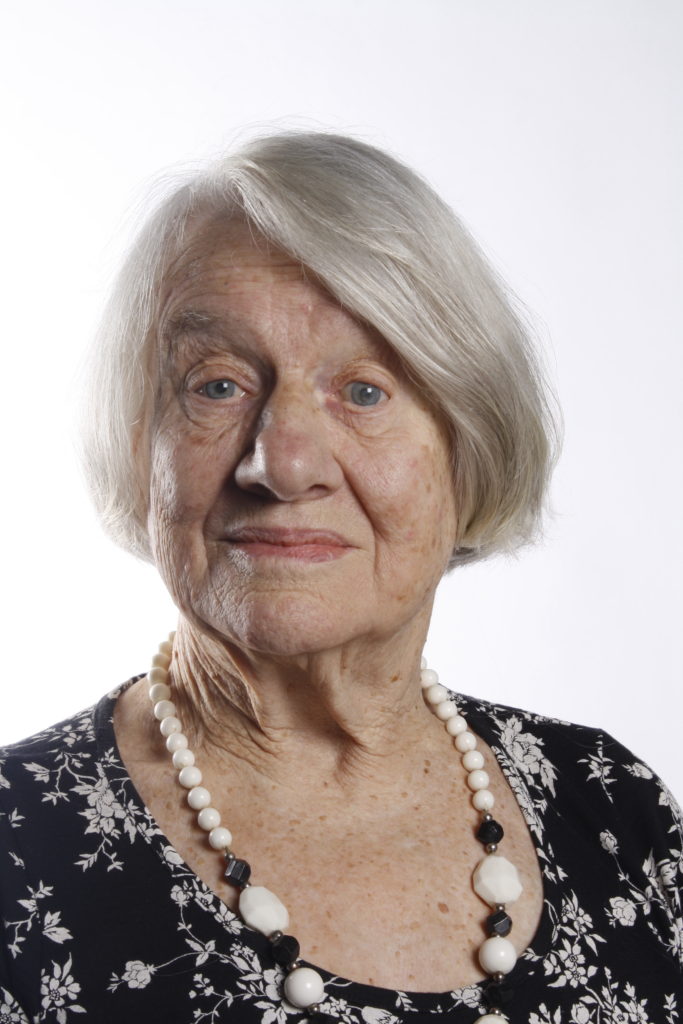
Edited Photos:




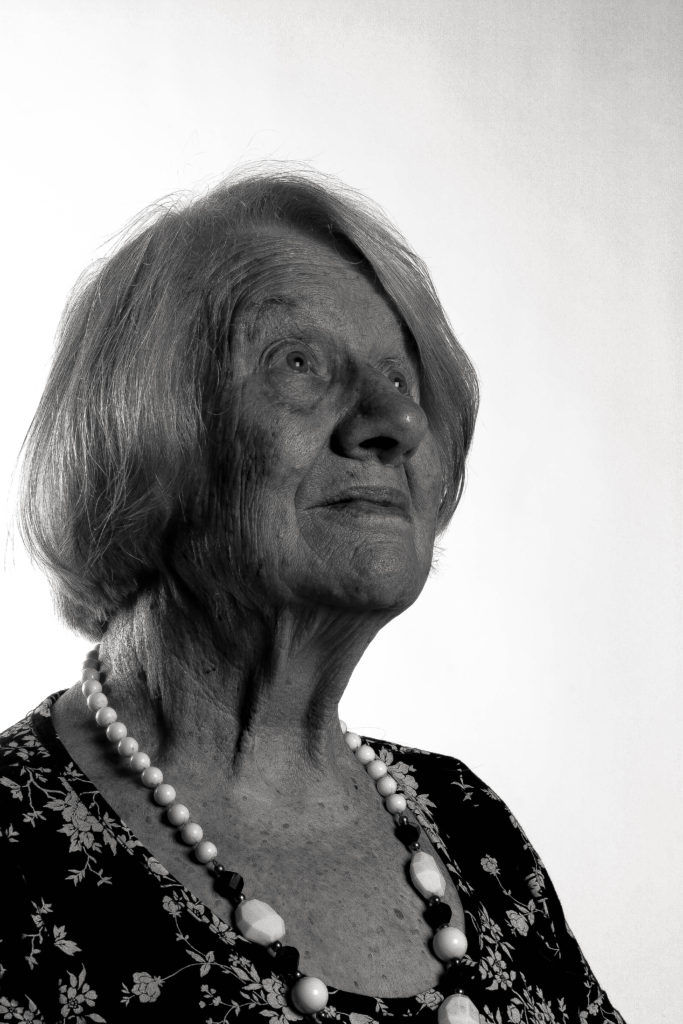
Second Edit:


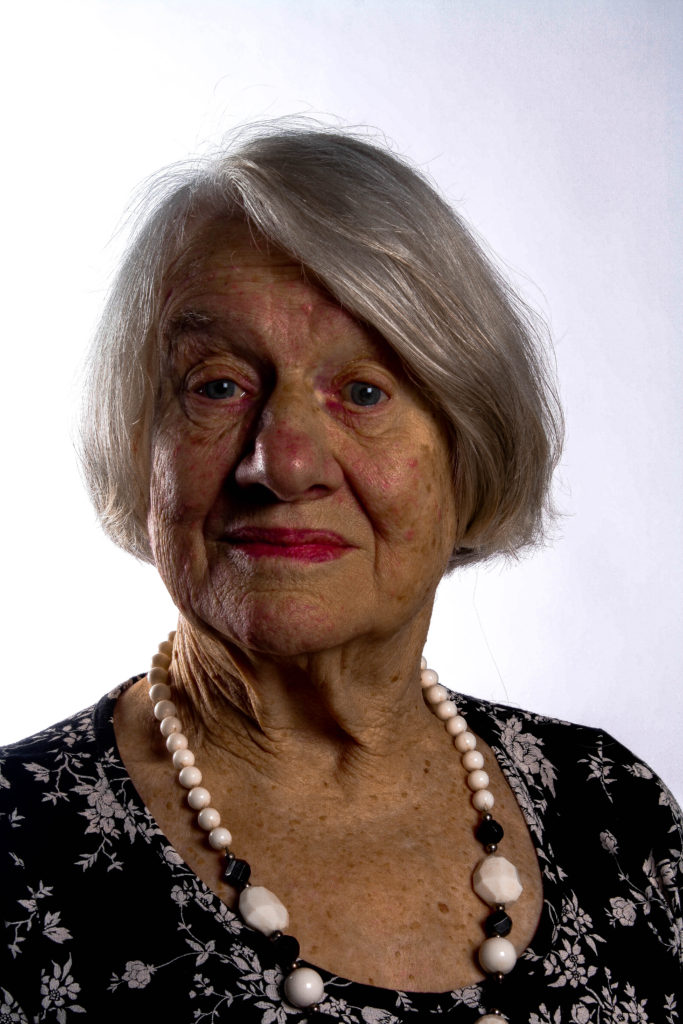
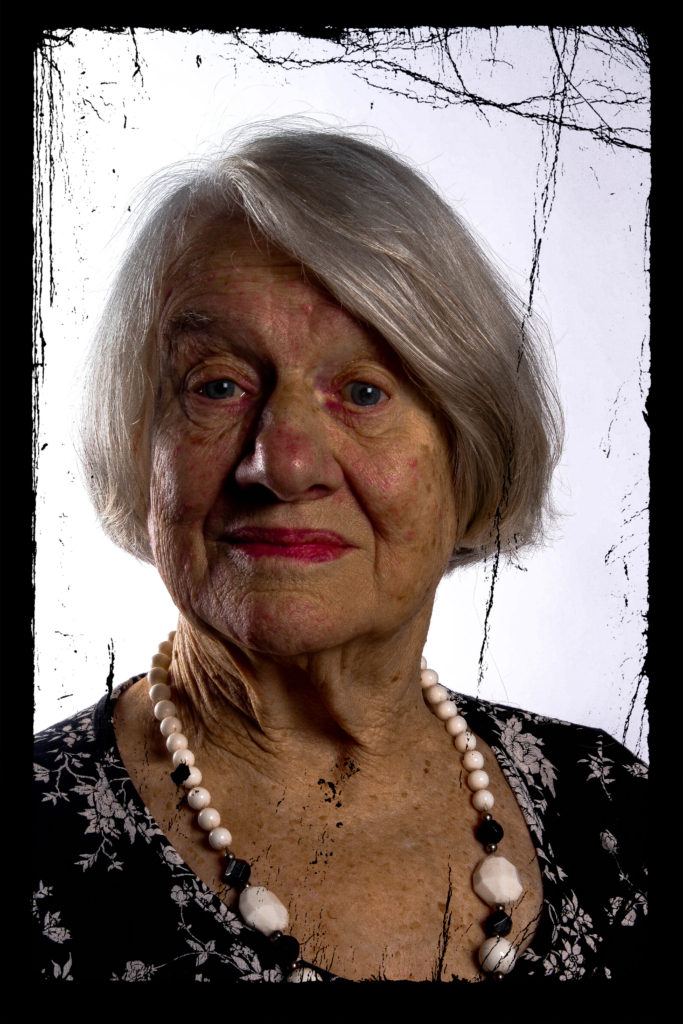

Third Edit:



